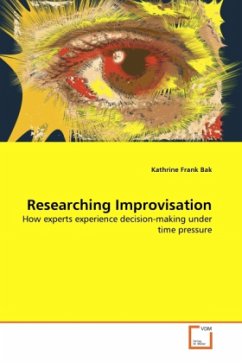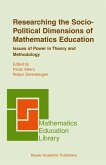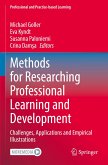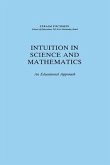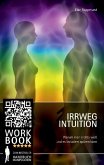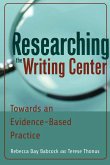The present research of improvisation is built on three research questions: How do experts experience improvisation? What essential aspects can be distinguished from lived experiences of the phenomenon? What learning opportunities can be found when encountering the unknown? Questions were raised as a means to come closer to understanding how one reacts in moments of decision-making, where time-constraints do not allow a thorough planning and reflection. Descriptions of lived experiences of improvisation were collected from experts who work within six different professional fields; rock music, military, jazz music, visual arts, clairvoyance and handball playing. The result is vivid insights into essential aspects of improvisation and it turned out that the improviser's state of mind determines chances for successful performance. Selected theoretical concepts were applied as a means to frame a discussion. This includes Kari Martinsen's concept of an attuned state of mind as well asan analysis of and eventually expansion of Donald A. Schön's concept of reflection-in-action as well as C. Otto Scharmers's epistemologies of explicit, tacit and self-transcending knowledge.
Bitte wählen Sie Ihr Anliegen aus.
Rechnungen
Retourenschein anfordern
Bestellstatus
Storno

